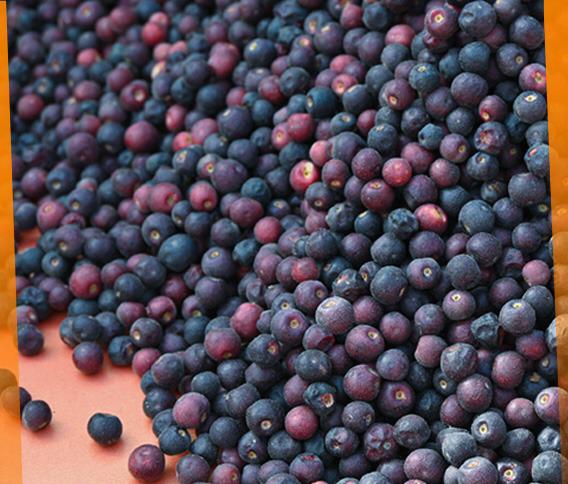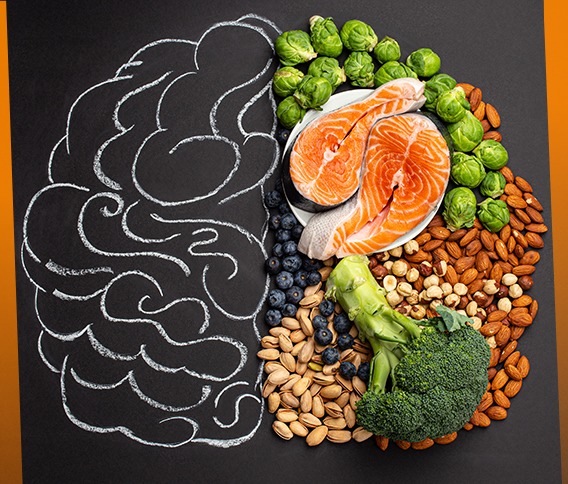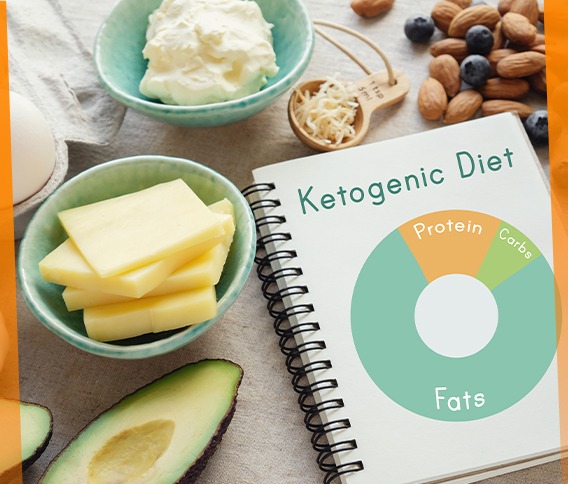
Maintaining a heart-healthy diet is essential for overall well-being. What we eat can significantly impact our cardiovascular health, either positively or negatively. In this article, we'll explore foods that benefit the heart and the ones that should be avoided.
Foods That Benefit The Heart:
- Fruits and Vegetables: These are rich in vitamins, minerals, and antioxidants that support heart health. Incorporate a variety of colourful options such as berries, leafy greens, citrus fruits, and carrots into your diet.
- Whole Grains: Opt for whole grains like oats, quinoa, brown rice, and whole wheat bread over refined grains. They are packed with fibre, which can help lower cholesterol levels.
- Fatty Fish: Salmon, mackerel, and sardines are abundant in omega-3 fatty acids that reduce inflammation and lower the risk of heart disease.
- Nuts and Seeds: Almonds, walnuts, chia seeds, and flaxseeds contain healthy fats, fibre, and antioxidants that promote heart health.
- Lean Proteins: Choose lean proteins like skinless poultry, legumes, and tofu. These options are lower in saturated fat compared to red meats.
- Olive Oil: Swap out saturated fats with heart-healthy mono-unsaturated fats in olive oil. It can help lower bad cholesterol.
- Low-Fat Dairy: If you consume dairy, take low-fat or fat-free varieties to reduce saturated fat intake.
Foods to Consume in Moderation or Avoid:
- Saturated and Trans Fats: Limit foods high in saturated and trans fats like red meat, processed meats, full-fat dairy, and fried snacks. These can raise bad cholesterol levels.
- Sugary Beverages: Excessive consumption of sugary drinks is linked to obesity and heart disease. Opt for water, herbal tea, or unsweetened beverages instead.
- High-Sodium Foods: Excess sodium can lead to high blood pressure. Reduce your intake of processed foods, canned soups, and salty snacks.
- Added Sugars: Foods and drinks with added sugars can contribute to weight gain and heart problems. Check food labels and choose products with little or no added sugar.
- Fast Food: Fast food is often high in unhealthy fats, salt, and calories. Limit these indulgences to occasional treats.
- Processed Foods: Highly processed foods often contain unhealthy fats, excessive salt, and hidden sugars. Opt for whole, minimally processed options whenever possible.
Adopting a heart-healthy diet can significantly reduce the risk of heart disease and improve overall well-being. By making informed food choices, you can take a proactive approach to safeguarding your heart's health. Remember, moderation is the key, and dietary changes can lead to significant long-term benefits.





